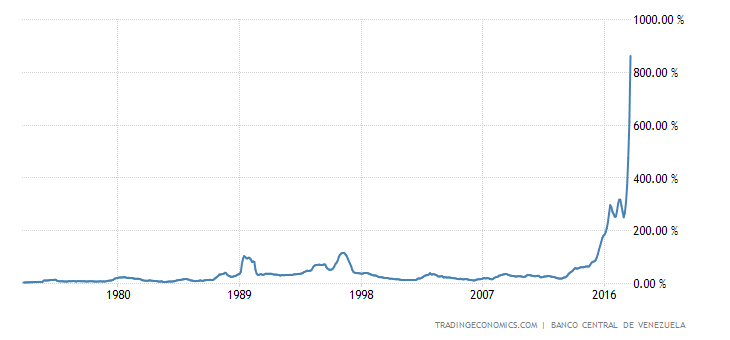Re: Do you think you know more about economics than the Deputy Secretary of the Treas
Though our currency is not backed by gold.. its backed by the good faith and credit of the US.. which means that the US must still maintain that good faith.. and a good portion of that faith is built into our spending habits and our debt load. When times are good, we need to be more conservative with our debt and deficit.. and this allows us to be less conservative when times are tougher and we need to avoid a recession.
To any competent bondholder, "good faith and credit" means paying one's obligation on the bond. Being conservative with our debt and deficit does not affect our ability to meet those obligations - and bondholders understand this. The rest, you are just making up. How does it allow us to be less conservative in bad times? How does it help us avoid a recession? There is zero basis for these assumptions. ZERO. And if you say Venezuela, you are just displaying your ignorance of the distinctions.
Now.. I understand that your assumption.. your erroneous assumption that there is no limit to the amount of currency a country with a fiat currency can produce except when there is not enough stuff to buy (productive capacity is maxed)... but that assumption is false and Venezuela is an example of that.
OK, your ignorance has been confirmed. That didn't take long.
Venezuela backs me up, not you. Their domestic economy does not have the capacity to meet the demand of their people, as evidenced (something you might like to try sometime) by their importing of much of their food and essential items. The cost of those imports goes right out of the Venezuelan economy as a demand leakage; if you spend $100 on groceries, and $40 of that goes overseas to buy the food itself, only $60 stays in the economy. That shouldn't be difficult to understand. Deficit spending isn't spurring increased domestic production because they don't make the stuff that people want, and need, to buy. In other words, their economy does not have the productive capacity to meet demand.
ANOTHER DIVERSION JOHN., I never said it did help you borrow your own currency..nor make it possible to create ones own currency. Foreign reserves (if held in strong currencies) allow you to purchase goods and service debt. HOWEVER.. having lower deficits and lower debt loads DOES MAKE IT EASIER TO GET LOANS (whether direct or in bonds etc) from either your own people or foreign investment and thus allows you to deficit spend much easier..
It doesn't help you to borrow your own currency.... but it does make it easier to get loans. Got it.
Sweet baby Jesus.. you have no intellectual honesty. YOU ARE THE ONE THAT SAID THAT DEFICIT SPENDING DIDN"T HELP VENEZUELA... BECAUSE IT ALL WENT TO FOREIGN IMPORTS"... And I POINTED OUT ACCURATELY THAT"S NOT TRUE. When a person gets paid by the government whether socialized medicines healthcare workers.. or a government teacher... and they go to a "walmart" and buy a foreign made good. THE MAJORITY OF MONEY STAYS IN COUNTRY AND GETS COUNTED IN THE DOMESTIC ECONOMY.
OK, Mr. Picky, I was sloppy with my wording, and I used the word "all." It doesn't change the fact that there is a large net leakage from the VZ economy. ANY net leakage, and you have negative growth. Their deficit spending doesn't fill the gap, because it's going to buy imported goods.
The U.S. could pay the unemployed to dig holes and fill them back up, because our economy produces what they would buy with their wages, and it has the capacity to expand to meet the increased demand. That is not true of Venezuela's economy.

